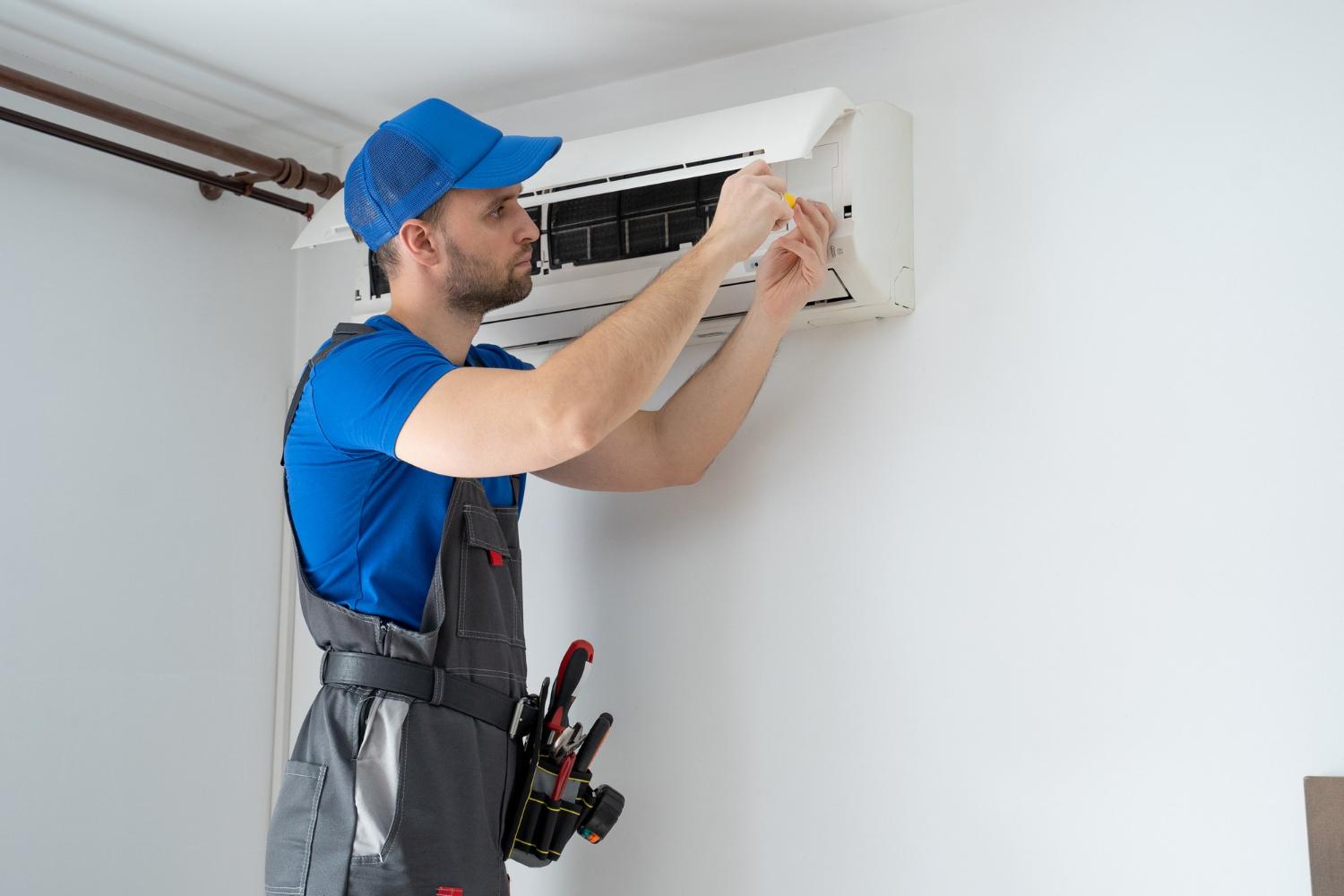
When summer temperatures soar, reliable air conditioning is essential for staying comfortable at home. But there comes a time when the trusty old unit just isn’t cutting it anymore. Knowing when to replace your AC can save money and prevent headaches.
An inefficient AC unit can struggle even at the peak of its abilities, leaving you with a home that never feels quite cool enough. More frequent breakdowns and increasing repair costs are clues that your air conditioner might be nearing the end of its useful life. If your energy bills are climbing despite steady usage, consider a more efficient model.
Age is also a factor. Most air conditioners last around 10 to 15 years. If your system is older, upgrading to a modern unit can offer better performance, lower energy costs, and improved comfort. Paying attention to these signs can help you decide when to start shopping for a new AC system.
Signs Your AC Is No Longer Efficient
An air conditioner that isn’t working efficiently can lead to uncomfortable days and sleepless nights. One key sign of inefficiency is uneven cooling in your home. If certain rooms are too warm while others are chillier, your AC might struggle to distribute air properly. This can be due to failing components, which might cost more to fix than simply replacing the system.
Another indicator is how long your AC takes to cool your home. An efficient unit should quickly bring down the temperature. If it’s constantly running without reaching the desired temperature, it’s working harder than it should. This excessive strain can lead to faster wear and tear, demanding more energy and increasing your bills.
Strange noises and odors are also signs of trouble. Clanging, rattling, or banging noises can mean loose or damaged parts. Similarly, musty smells might suggest mold or mildew, which can grow in inefficient systems due to improper drainage or airflow. Both scenarios can signal major issues within the AC unit.
Furthermore, frequent on-off cycling can highlight inefficiency. If your AC cycles rapidly, turning on and off frequently, it may be struggling to maintain the set temperature. This is often a result of an improperly sized unit for your home’s needs or internal mechanical problems. Evaluating these signs can help you determine if it’s time to consider an AC replacement.
Frequent Repairs: When Fixes Aren’t Enough
Having to repair your AC unit time and again is frustrating and costly. If you find yourself constantly reaching out to technicians for similar repairs, it might be time to weigh the costs of repair versus replacement. Frequent repairs typically indicate underlying issues that temporary fixes can’t solve.
A useful approach is to keep track of repair costs. If repairs in the last few years add up to half or more of the cost of a new system, then replacement becomes a more economical choice. Constantly paying for fixing parts can quickly exceed the price of a new, energy-efficient AC.
Spotting patterns that need fixing can also provide clues. For example, if you’re repeatedly facing refrigerant leaks, this not only affects your AC’s ability to cool but can also harm the environment. Refrigerant problems often signal deeper issues, suggesting that investing in new technology might be the wiser route.
Technology and efficiency improvements in newer AC models are significant. They use modern components that require less repair and maintenance while providing better cooling. If your unit is older, considering these benefits can help you decide whether to continue patching up your current system or investing in a new one. Comparing these factors can guide you to an informed decision about when to replace your AC.
Rising Energy Bills Indicating a Problem
If your monthly energy bills are climbing steadily, it could be a sign that your air conditioning system is losing its efficiency. While occasional spikes can be attributed to high usage during particularly hot months, a consistent increase without a corresponding rise in use points to a system working harder than necessary. This can happen when components wear out and don’t perform optimally.
Keep an eye on your energy consumption patterns. Compare bills from the same months over the past few years. A noticeable increase could mean your AC is consuming more electricity to maintain the same level of cooling due to inefficiencies. These inefficiencies may stem from aging parts, leaks, or other hidden issues.
Investing in energy-efficient technology can make a difference. Newer models come with features designed to lower energy consumption, such as variable speed compressors and smart thermostats. These not only reduce your carbon footprint but also save money on bills. Evaluating your current AC’s effect on your energy usage can guide you in deciding whether an upgrade is necessary.
Age of the System: Knowing When It’s Time to Upgrade
The age of your air conditioning unit can be a significant factor in deciding when to replace it. Most AC systems have a lifespan of about 10 to 15 years. As systems grow older, they tend to lose efficiency and require more maintenance and repairs. If your system is approaching the decade mark, it’s wise to evaluate its performance carefully.
Older units might not have the technological advancements found in current models. Modern air conditioners are designed to be more energy-efficient and environmentally friendly. They often provide better temperature control, use less electricity, and come with enhanced features to improve overall comfort.
Consider how often you’ve had to repair the unit. If breakdowns are becoming more frequent as the system ages, it may indicate that a replacement is a cost-effective choice. While the upfront cost of a new unit might seem daunting, the energy savings and improved performance can offset this expenditure over time.
Assessing your AC’s age, along with its performance, repair history, and energy costs, can help you decide if it’s time to invest in a new system. Upgrading can improve your home’s comfort and help keep utility bills in check.
Conclusion
Deciding when to replace your AC unit can be straightforward when you recognize the signs of inefficiency, frequent repair needs, rising energy costs, and age-related decline. An older and inefficient system costs more in energy bills and repair expenses, and ultimately, it fails to offer the comfort you need during hot weather.
If you notice any of these warning signs or have questions about your AC’s performance, contact Total Air Masters. We specialize in helping homeowners in Katy, Cypress, Richmond, Sugar Land, and Fort Bend County with all their HVAC needs. We’re here to guide you through the process of deciding if AC replacement is the best choice for your home.
